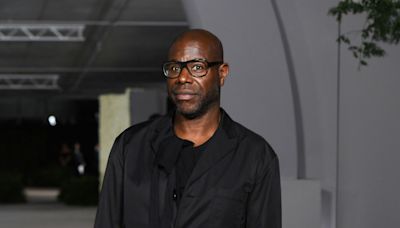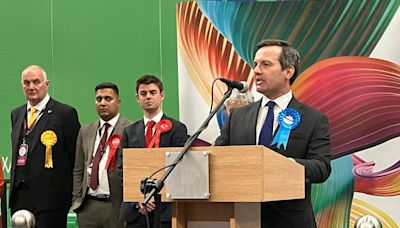Search results
Paul Graham. New: How to Start Google | Best Essay | Superlinear. Want to start a startup? Get funded by Y Combinator .
- Want
November 2022 Since I was about 9 I've been puzzled by the...
- Life is Short
January 2016 Life is short, as everyone knows. When I was a...
- Bel
Oct 2019 Bel is a spec for a new dialect of Lisp, written in...
- Lesson
December 2019 The most damaging thing you learned in school...
- Fierce Nerds
May 2021 Most people think of nerds as quiet, diffident...
- How to Raise Money
September 2013 Most startups that raise money do it more...
- How to Do What You Love
January 2006 To do something well you have to like it. That...
- Hard
June 2021 It might not seem there's much to learn about how...
- Want
Paul Graham (/ ɡ r æ m /; born November 13, 1964) is an English-American computer scientist, writer, entrepreneur and investor. His work has included the programming language Lisp, the startup Viaweb (later renamed Yahoo!
Essays. If you're not sure which to read, try Is it Worth Being Wise? , Having Kids , or How to Lose Time and Money . The Reddits.
The first step is to decide what to work on. The work you choose needs to have three qualities: it has to be something you have a natural aptitude for, that you have a deep interest in, and that offers scope to do great work. In practice you don't have to worry much about the third criterion.
Paul Graham is a programmer, writer, and investor. In 1995, he and Robert Morris started Viaweb, the first software as a service company. Viaweb was acquired by Yahoo in 1998, where it became Yahoo Store.
Jul 7, 2021 · Silicon Valley investor Paul Graham, co-founder of Y Combinator, shares how he developed a compulsion to work hard and gave up TV at 13. He also explains the role of natural ability, practice and balance in success.
Paul Graham. The very best startup ideas tend to have three things in common: they're something the founders themselves want, that they themselves can build, and that few others realize are worth doing.






